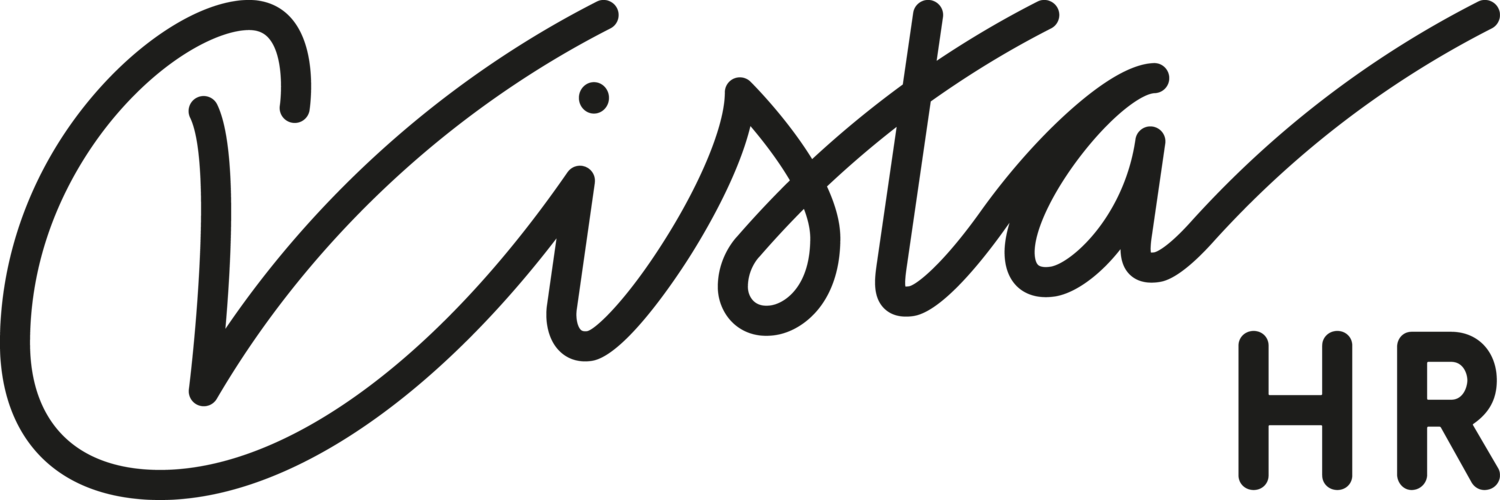Daily interactions are key milestones to our everyday movements, but it can get tricky when trying to figure out a balance between work and personal relations. However, cultivating meaningful relationships does not necessarily mean that it will take excessive time and energy. Usually it boils down to sincerity and effort at the right moments.
Trying to maintain good relations can be highly beneficial in the long run, as it can increase productivity and positivity in the company. While not everyone in the office will be friends with one another, here are some ways to achieve healthy work relations for a better working environment.
BE AS REAL AS POSSIBLE
It is understandable if you want to keep your work and personal lives separated, but in order to form deeper connections with your colleagues, try to be as real as possible. Revealing bits of yourself outside of the office will help them create an impression of you better than what they perceive from just the desk. A little self-disclosure is healthy in this case, because it will help to create better understandings that can aid working partnerships in the future.
OFFER TO HELP WITH THEIR PROBLEMS
When your colleagues face problems at work, always be proactive in offering to lend a helping hand. This encourages them to trust you and therefore return the favour when necessary. You also get to show a different side of yourself when you offer to do tasks outside of your work scope. It will also help them to see you as not just a co-worker, but also a friend.
CONSIDERATION IS KEY
In the office, working as a well-oiled team is paramount for any company to flourish. So be considerate towards your colleagues, and remember that it is not just important that you’re happy, but consider their needs as well. For example, turning down the volume of your music or keeping your things neat are good ways to show that you have considered their presences as important as yours also.

